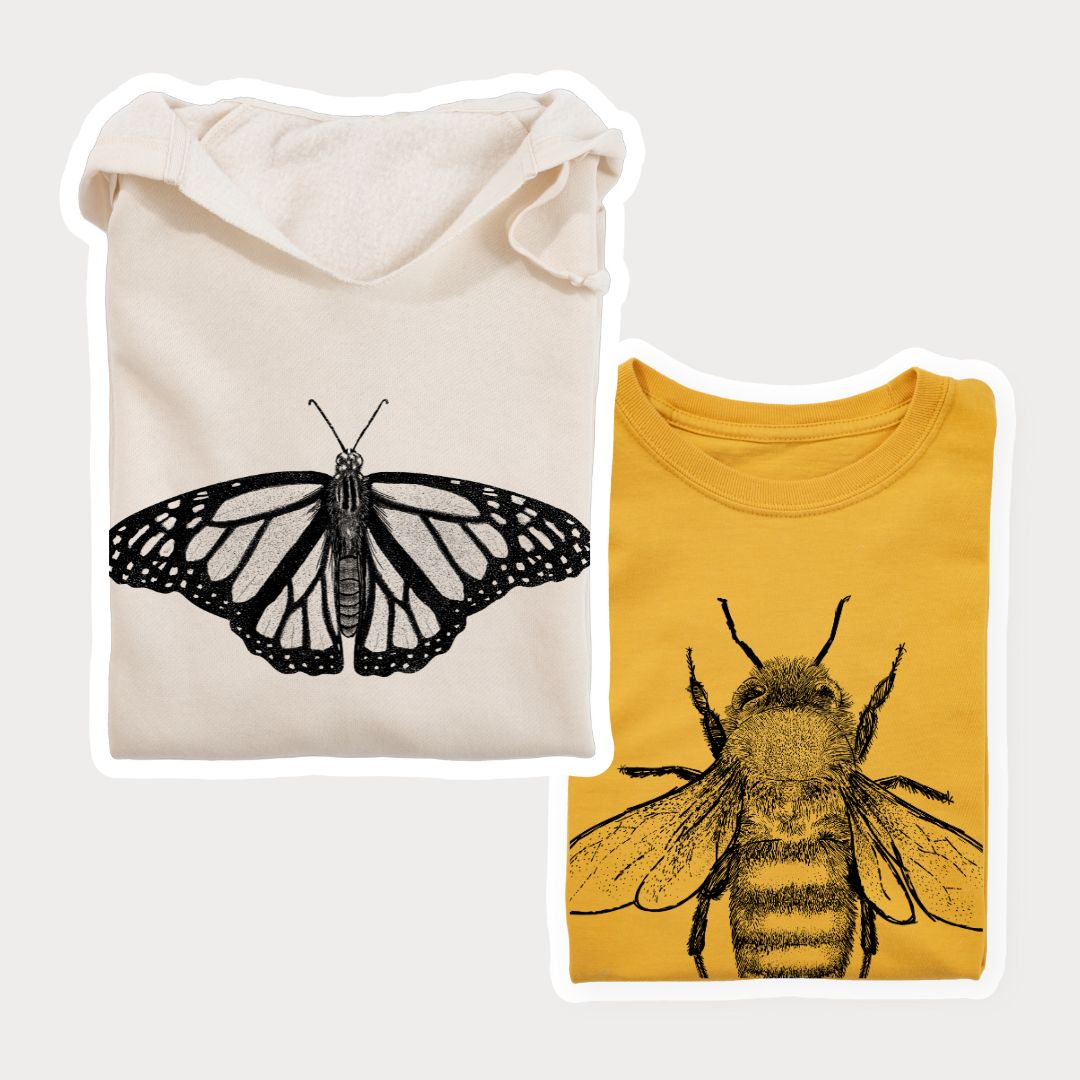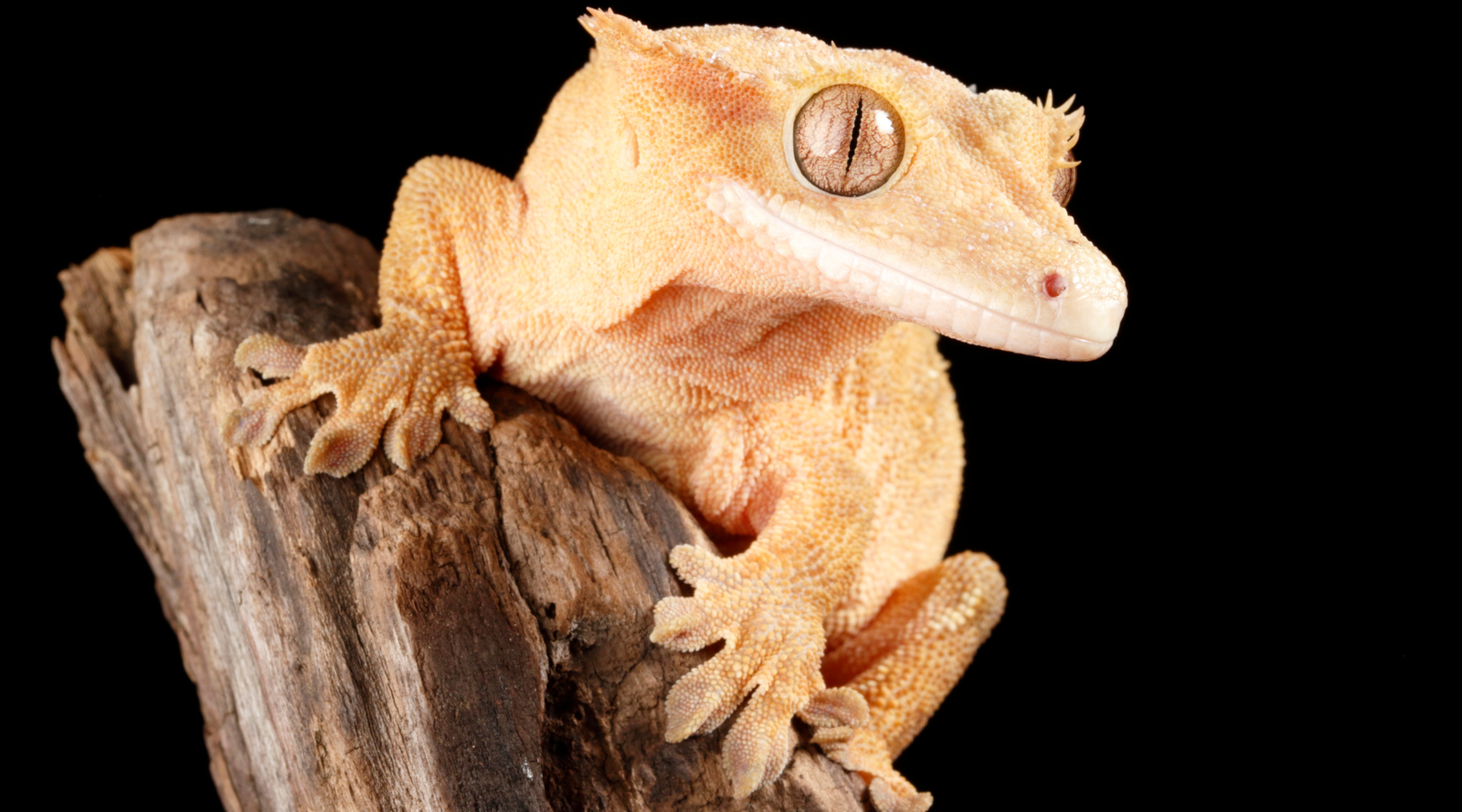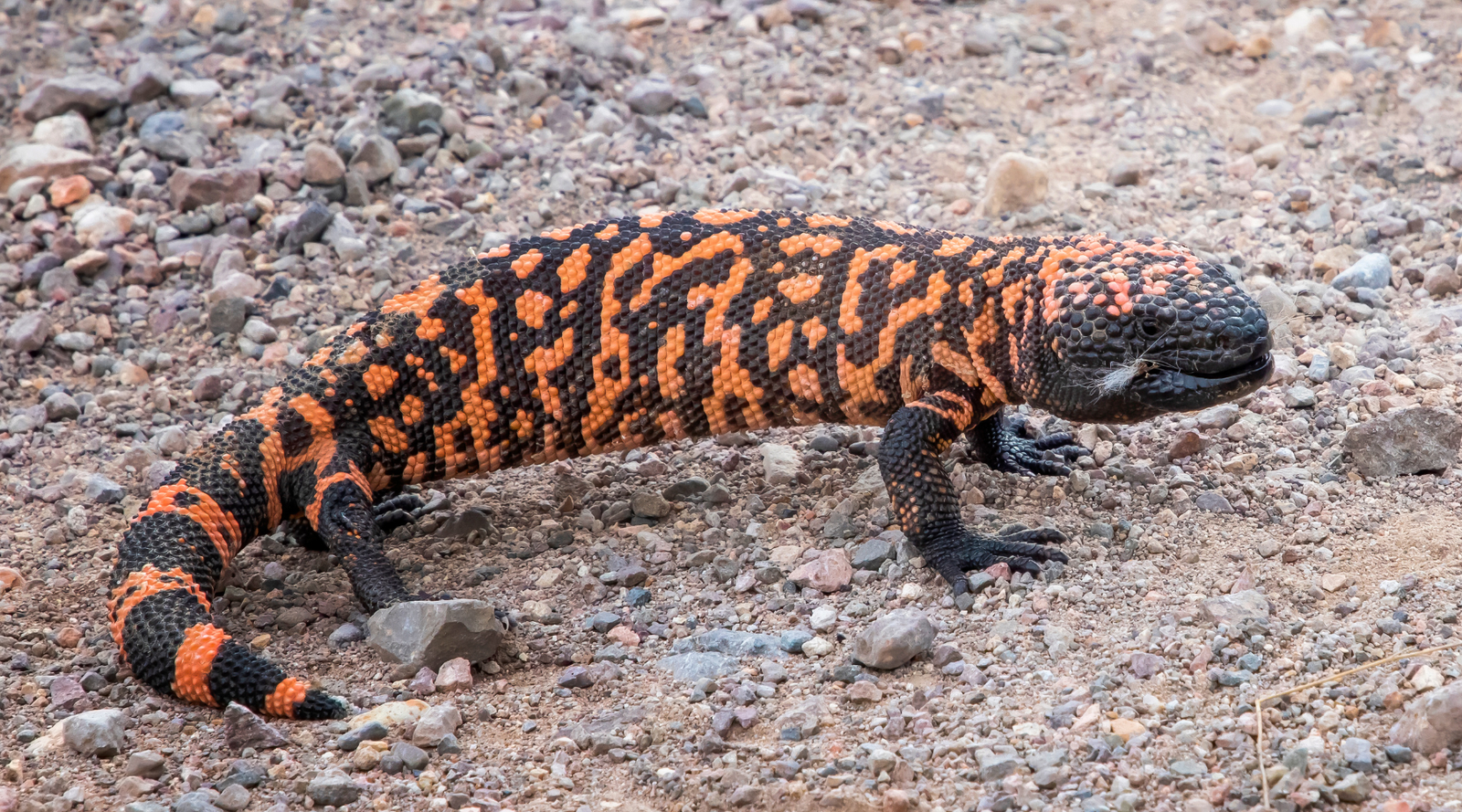Many of us grow up with the notion that bees are scary. They buzz around whenever you have food and can even leave you with an excruciating sting. However, once you get old enough to learn to just leave bees alone, so they don’t sting you, it’s easier to see how important they are. All pollinators serve an incredibly dire role in our day-to-day lives that is easy to lose sight of. If bees and other pollinators didn’t exist, the world would look monumentally different.

Much of the food we eat daily is derived from plants that require pollinators to reproduce. Even some of the animals that we eat are fed with plants that are propped up by pollinators. According to the US forest service, more than half of the world’s diet of fats and oils comes from crops propped up by pollinators. These are principally nuts and seeds and the oils made from them, such as canola oil or almonds. It’s estimated that over $10 billion in crops harvested each year rely on pollinators to grow. These pollinators do naturally and for free, a service that would likely cost over 1 trillion dollars to do without them. So for that reason alone, it’s a great benefit to human life that these industrious little pollinators work so hard.

While these little critters are a great gift to agriculture and society at large, they don’t just do this work for free. Over millions and millions of years, they have evolved symbiotically with the plants that they pollinate to form a seamlessly perfect cyclical process of reproducing and consuming. The plants produce nectar and pollen, both substances that feed pollinators, which helps spread the plant’s genetic material to other plants of the same species. In turn, the pollinators get fed and know to come back to the flowers for a delicious, nutritious meal. This pattern helps crops and pollinators perpetuate their respective species, but they both rely on each other, and one without the other wouldn’t survive.

So if you’ve been stung by a bee in the past, and wished for all bees to disappear, think twice, because if the bees disappear, then so do we!















Leave a comment (all fields required)